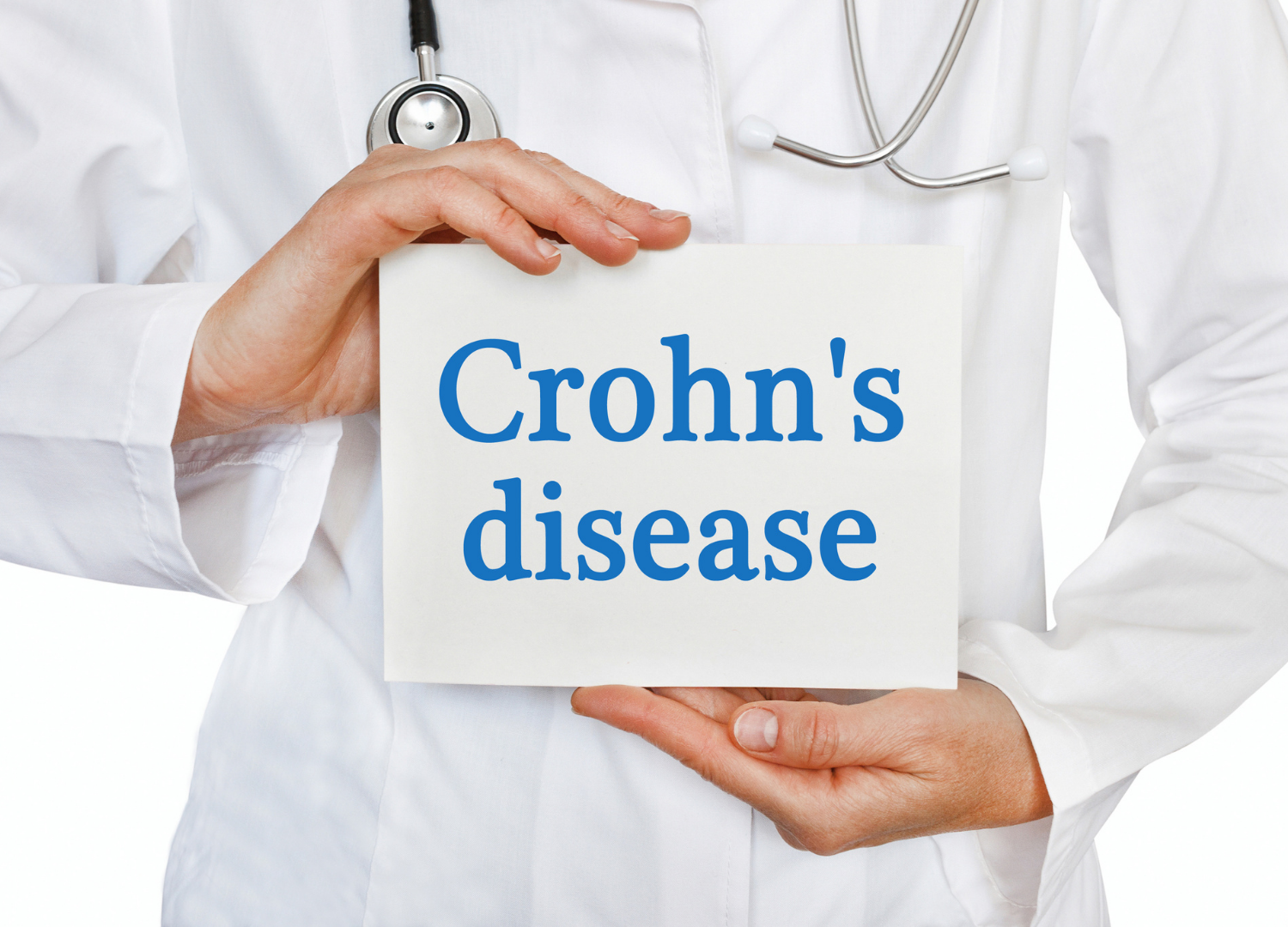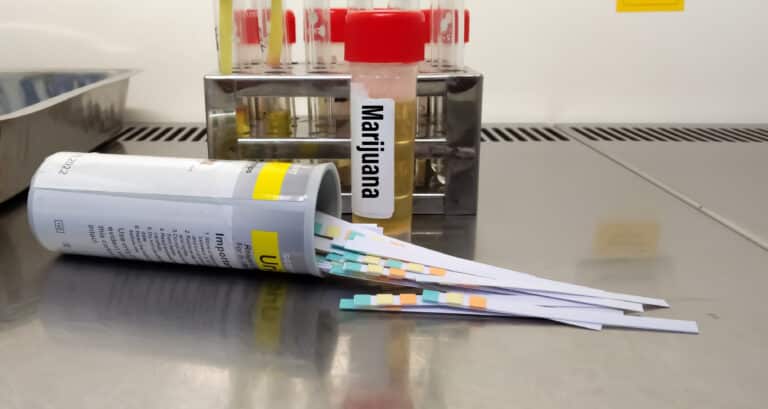https://compcaremd.com/wp-content/uploads/2022/04/Untitled-1500-x-1080-px.png
Crohn’s disease is a specific type of inflammatory bowel disease (IBD). Crohn’s disease sufferers experience inflammation and irritation in different parts of their digestive tract. This prompts numerous unwanted symptoms including.
- Nausea
- Loss of appetite
- Cramping and abdominal pain
- Diarrhea
- Fatigue
- Weight loss
The symptoms of Crohn’s disease can vary in severity from one person to another. Some people can have periods of remission without any problems at all.
Crohn’s disease usually affects the small intestine and beginning of the large intestine (colon). Furthermore, it can also lead to issues anywhere in the digestive tract, including your mouth or anus.
Data shows that over half a million Americans suffer from Crohn’s disease. It can manifest in anyone at any age, but it’s more common in smokers between 22-29 years of age or those who have a family history of inflammatory bowel disease (IBD).
Medical Marijuana and Crohn’s disease
Medical marijuana contains hundreds of active chemicals called cannabinoids. The two primary cannabinoids include cannabidiol (CBD) and delta-9-tetrahydrocannabinol (THC). Both cannabinoids can help Crohn’s disease sufferers in numerous ways.
- CBD
Cannabidiol is a therapeutic compound that interacts with the immune system to ease inflammation. CBD may relieve pain, lower inflammation, and decrease anxiety without resulting in the psychoactive effects of delta-9-THC.
- THC
Delta-9-tetrahydrocannabinol can help in boosting mood, relieving chronic pain, and boosting appetite.
Using both CBD and THC together can offer powerful effects that can help with abdominal pain, diarrhea, and nausea.
What the Studies Say
There is unlimited data on cannabis for Crohn’s. The only data in individuals with Crohn’s disease result from three small clinical studies. These studies involve less than 100 people with active Crohn’s.
Out of the 3 studies, only one suggests that cannabis in the form of a joint might help people unresponsive to conventional treatments. Out of 11 people in the study, 5 people who smoked cannabis joints for 8 weeks had a remission. This contrasts with one person in the group that smoked placebo cigarettes.
The other two studies involved CBD oil. Neither of these studies showed that CBD could help people with Crohn’s disease. However, one of the studies showed that CBD treatment could improve the quality of life.
There’s a need for more human trials involving people with Crohn’s disease. Scientists need to study the various compounds found in cannabis to get a better idea of how they work for Crohn’s disease. As for now, most research is centered around CBD since its legal at federal legal.
Current evidence still give hope that cannabis can some Crohn’s disease sufferers. A major reason why cannabis may not be effective is that researchers are not using the best cannabis formulations. Several experimental studies show that cannabinoids can combat inflammation. But it requires a more in-depth approach to see those benefits in IBD sufferers. Current studies also have been small and short-term.
Bottom line
The effects of cannabis on Crohn’s disease are uncertain. There exist no solid conclusions on the benefits and harms of cannabis in Crohn’s disease sufferers. There’s a need for further studies with larger participants to assess the pros and cons of cannabis in Crohn’s disease. Future studies should analyze the impacts of cannabis in individuals with active and inactive Crohn’s disease.
Copyright © 2024 Medical Marijuana Doctor - MMJ Doctor Near Me
Site by CannaPlanners




